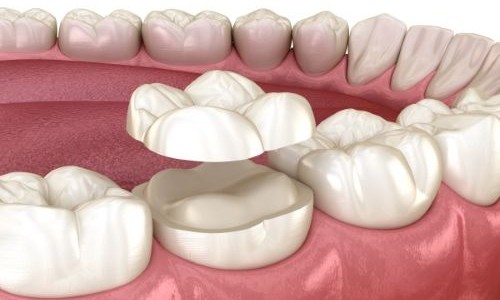At Elite Dental Clinic in Tanzania, we believe in combining modern techniques with personalized care. One innovation we proudly offer is bondable crowns — a newer, more advanced solution compared to traditional crowns.
Under the expert guidance of Dr. Sujit Bangera, many of our patients have enjoyed superior comfort, aesthetics, and durability with bondable crowns.
1. Stronger Bond with Natural Tooth
Bondable crowns are designed to chemically adhere to your tooth structure, creating a seamless and durable connection. This strong bond reduces the chances of dislodgement and provides better protection to the remaining tooth.
Traditional crowns rely more on mechanical retention, which can sometimes compromise long-term stability.
2. Minimal Tooth Reduction
One major advantage is that less of your natural tooth needs to be removed. Bondable crowns preserve more of your original tooth structure, which is essential for long-term dental health and strength.
Preservation is key — especially for younger patients or those with weakened teeth.
3. Enhanced Aesthetics
Bondable crowns are often made from high-quality ceramic or composite materials that can be closely matched to the shade of your natural teeth. The result? A crown that looks just like a real tooth — or even better.
Perfect for patients seeking smile makeovers or front-tooth restorations.
4. Better Marginal Seal = Lower Risk of Decay
Thanks to the adhesive technology used, bondable crowns create a tighter seal between the crown and the tooth, reducing the chances of bacteria entering and causing recurrent decay.
This leads to a longer-lasting restoration and fewer future dental issues.
5. More Comfortable Fit
Because of their precise bonding and minimal prep, bondable crowns often feel more natural and comfortable in the mouth. Many patients forget they even have a crown!
A restoration that not only looks but also feels like your natural tooth.
At Elite Dental Clinic, we use the latest dental materials and techniques to ensure your crown looks natural and lasts long. Dr. Sujit Bangera, with his expertise in restorative and cosmetic dentistry, personally crafts a plan that best suits your oral health goals.
If you’re looking for a crown that preserves your tooth, looks amazing, and lasts longer, a bondable crown might be the perfect choice. Book a consultation today and take the first step toward a healthier, more confident smile.

















